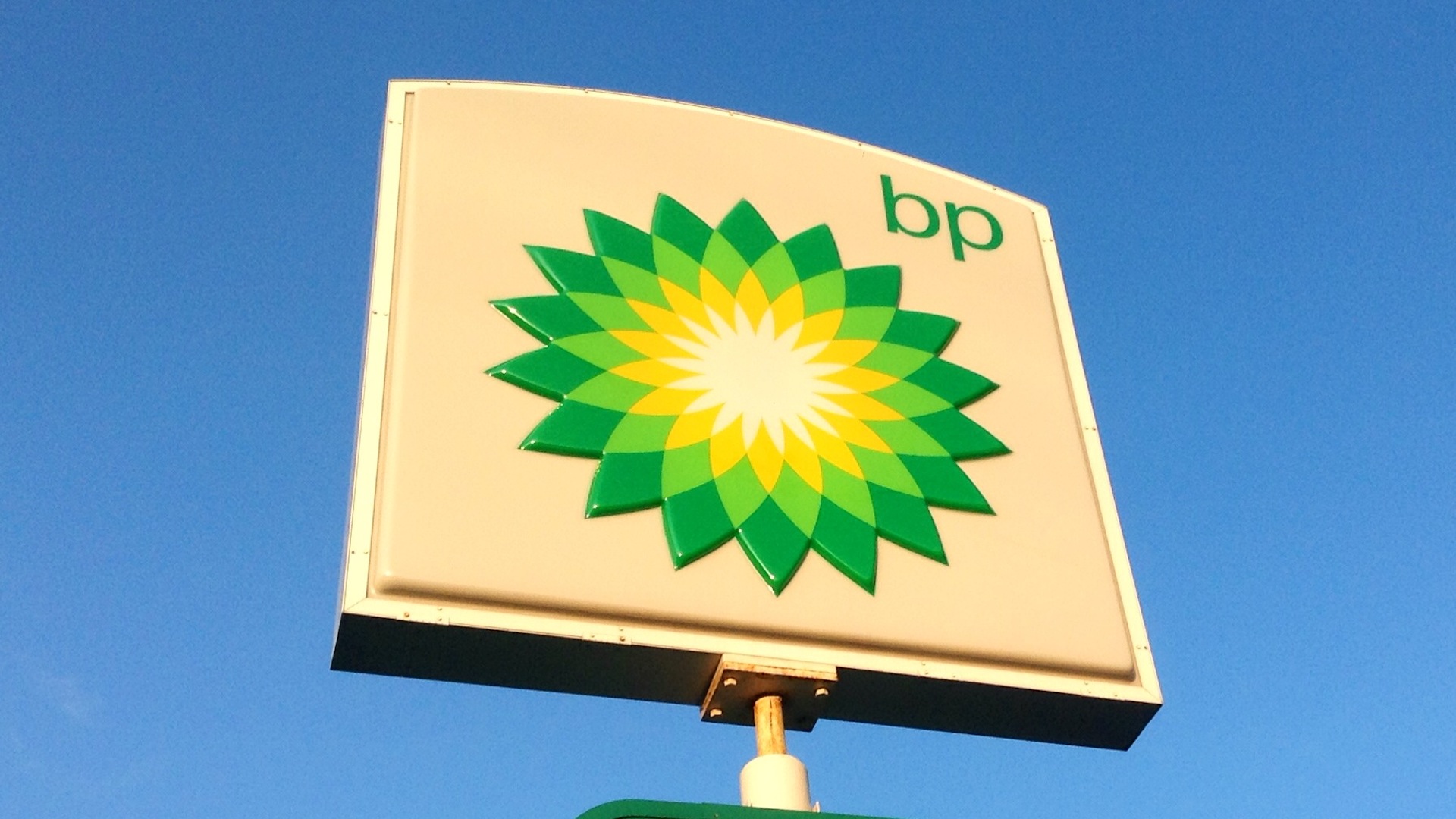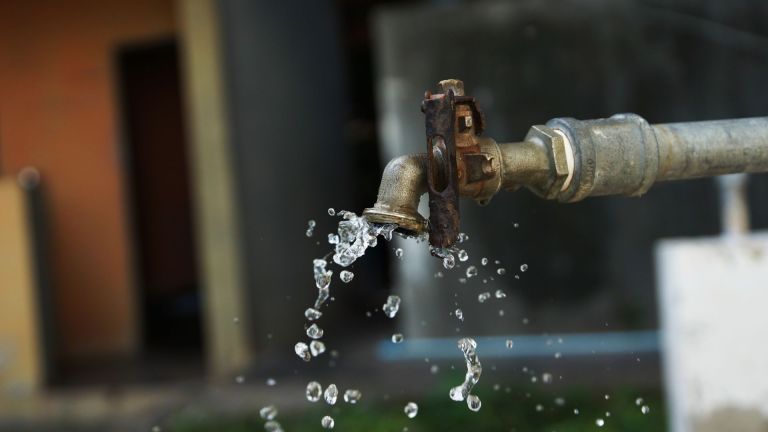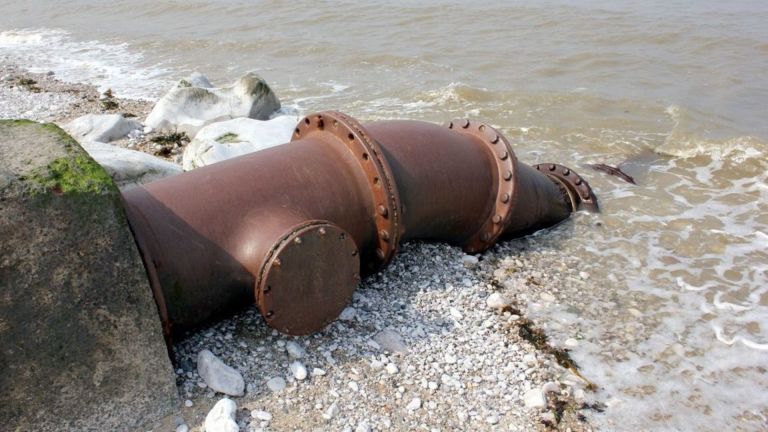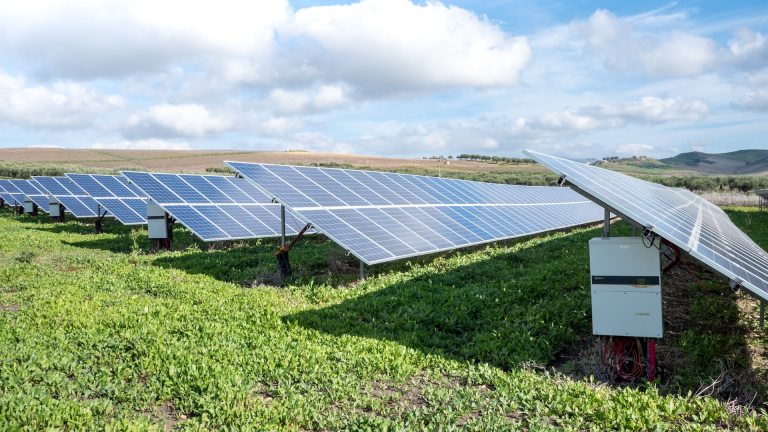From wildfires to devastating flooding, the consequences of global heating are here. Dealing with these catastrophes will cost trillions of pounds. So who should pay up? Most UK citizens have a clear answer to this question: fossil fuel companies.
Some 78 per cent of people think that it is unfair for oil and gas companies to make record profits without taking responsibility for the damage caused to the climate, according to a new poll by Christian Aid. Just 6 percent disagreed.
Nearly two-thirds of respondents (63 per cent) supported taxing oil companies and using the money for a loss and damage fund. This money pot would support nations most impacted by climate change.
- What will the world look like in 2050?
- Climate crisis laid bare as new map illustrates threat of rising sea levels
The research comes just days after various oil giants posted massive profits for the first quarter of 2023. Shell reported revenue of $9.6bn (£7.6bn) for the first three months of the year. BP’s profits hit $5 bn (£4bn) in the same period.
Oil giants have enjoyed eye-watering income since Russia’s invasion of Ukraine spiked fuel prices last year, while consumers energy bills have gone through the roof.
“Record profits by fossil fuel companies like Shell and BP should be a wake-up call, and spur real accountability for the damage they are causing,” said Patrick Watt, chief executive of Christian Aid.










